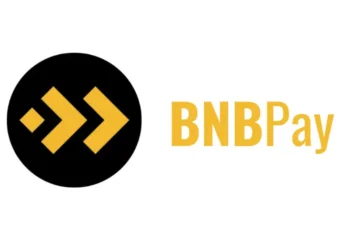Quick Breakdown:
- Apple launched Memory Integrity Enforcement (MIE), a hardware-software framework embedded in iPhone 17 and iPhone Air for always-on defence against memory corruption attacks.
- MIE blocks buffer overflows, use-after-free bugs, and speculative execution risks, making exploits that target wallets and private keys significantly harder.
- By default and continuous protection, plus developer access via Xcode, position Apple devices as some of the most secure platforms for crypto and Web3 adoption.
Apple has introduced Memory Integrity Enforcement (MIE), a new hardware-software security framework that promises always-on protection against memory corruption attacks. The upgrade, embedded into the iPhone 17 lineup and iPhone Air, marks Apple’s most significant leap in device security, a development with direct implications for crypto holders and mobile-based Web3 adoption.

MIE combines Apple’s secure memory allocators, the Enhanced Memory Tagging Extension (EMTE) in synchronous mode, and Tag Confidentiality Enforcement to shut down buffer overflows, use-after-free bugs, and other memory corruption vulnerabilities. These weaknesses have historically been exploited in spyware and malware campaigns across iOS, Android, and Windows often targeting wallets, exchanges, and authentication systems.
Unlike opt-in defences on competing platforms, Apple said MIE operates by default and continuously, blocking attackers early in the exploitation chain. Internal testing against real-world exploit chains from the past three years showed that most attack strategies could not be rebuilt once confronted with MIE’s layered protections.
Apple engineers also addressed speculative execution risks techniques that attackers use to expose sensitive data like private keys by embedding new mitigations directly into the A19 and A19 Pro chips.
Implications for Mobile Crypto Security
With self-custody wallets, DeFi apps, and exchange logins increasingly tied to smartphones, memory safety has become a frontline issue for crypto users. Exploits that bypass memory protections can expose seed phrases, private keys, or authentication data. By hardwiring MIE into both hardware and iOS, Apple aims to make such attacks prohibitively costly, even for state-backed spyware operators.
Developers will also gain access to EMTE via Xcode, allowing Web3 and fintech apps to integrate Apple’s hardware-backed defenses into their own products.
Meanwhile, MetaMask has introduced a social login feature that allows users to create and recover crypto wallets using their Google or Apple accounts. The update, launched on August 26, eliminates the need to manually safeguard the traditional 12-word Secret Recovery Phrase (SRP) during wallet setup.
If you would like to read more articles like this, visit DeFi Planet and follow us on Twitter, LinkedIn, Facebook, Instagram, and CoinMarketCap Community.
Take control of your crypto portfolio with MARKETS PRO, DeFi Planet’s suite of analytics tools.”





















